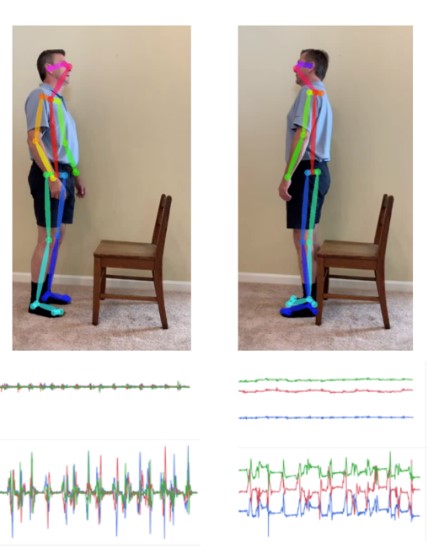
Mensen, die door een dwarslaesie gebonden zijn aan een rolstoel, weer laten opstaan en lopen met behulp van technologische ondersteuning. Dat is het doel waar Project MARCH zich voor inzet. Het team, bestaande uit 26 studenten van o.a. de Technische Universiteit Delft en Haagse Hoogeschool, zetten een jaar lang hun




